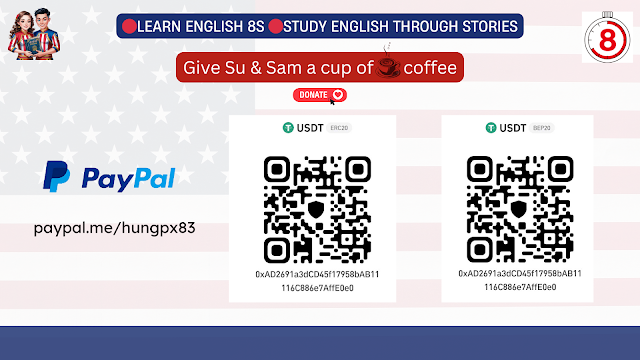The Blind Fortune Tellers and the Elephant
One day, five blind fortune tellers heard that a strange creature had appeared in the village. It was called an elephant. Curious, they decided to touch it and find out what it was like.
The first man touched the elephant’s trunk. “An elephant is like a giant snake!” he declared.
The second man touched its ear. “No, no! It’s like a big fan,” he argued.
The third man felt the elephant’s leg. “You’re both wrong! It’s like a pillar,” he said confidently.
The fourth man grabbed its tail. “Nonsense! It’s just like a rope,” he insisted.
The fifth man placed his hands on the elephant’s belly. “You’re all mistaken! The elephant is round like a huge pot,” he concluded.
Soon, they started arguing, each believing that only his answer was correct. The shouting got louder and louder. Then, a wise man walked by. He listened and laughed.
“My friends,” he said, “you are all right, but also all wrong. Each of you touched only one part of the elephant. To know the truth, you must see the whole picture.”
The five blind fortune tellers paused. They realized their mistake and nodded. From that day on, they learned to listen to different perspectives before making a decision.
Lesson Learned
Sometimes, what we see is only a small part of the truth. To understand the whole picture, we must be open to different viewpoints.
(You can use Google Translate or ChatGPT to translate the article into your language, making learning English easier.)
The video below helps you practice English listening, speaking, and reflex skills:
🔴 8S ACCEPTS DONATIONS 💰💰💰
If you find the lesson helpful and want to thank 8S, you can buy us a coffee to give SU & SAM more motivation to create future videos.
💰 PayPal account for donations: wayfreelife@gmail.com
💰 USDT Donation Wallet Address:
USDT (BEP20, ERC20, TRC20, POLYGON): 0xAD2691a3dCD45f17958bAB11116C886e7AffE0e0


.png)






